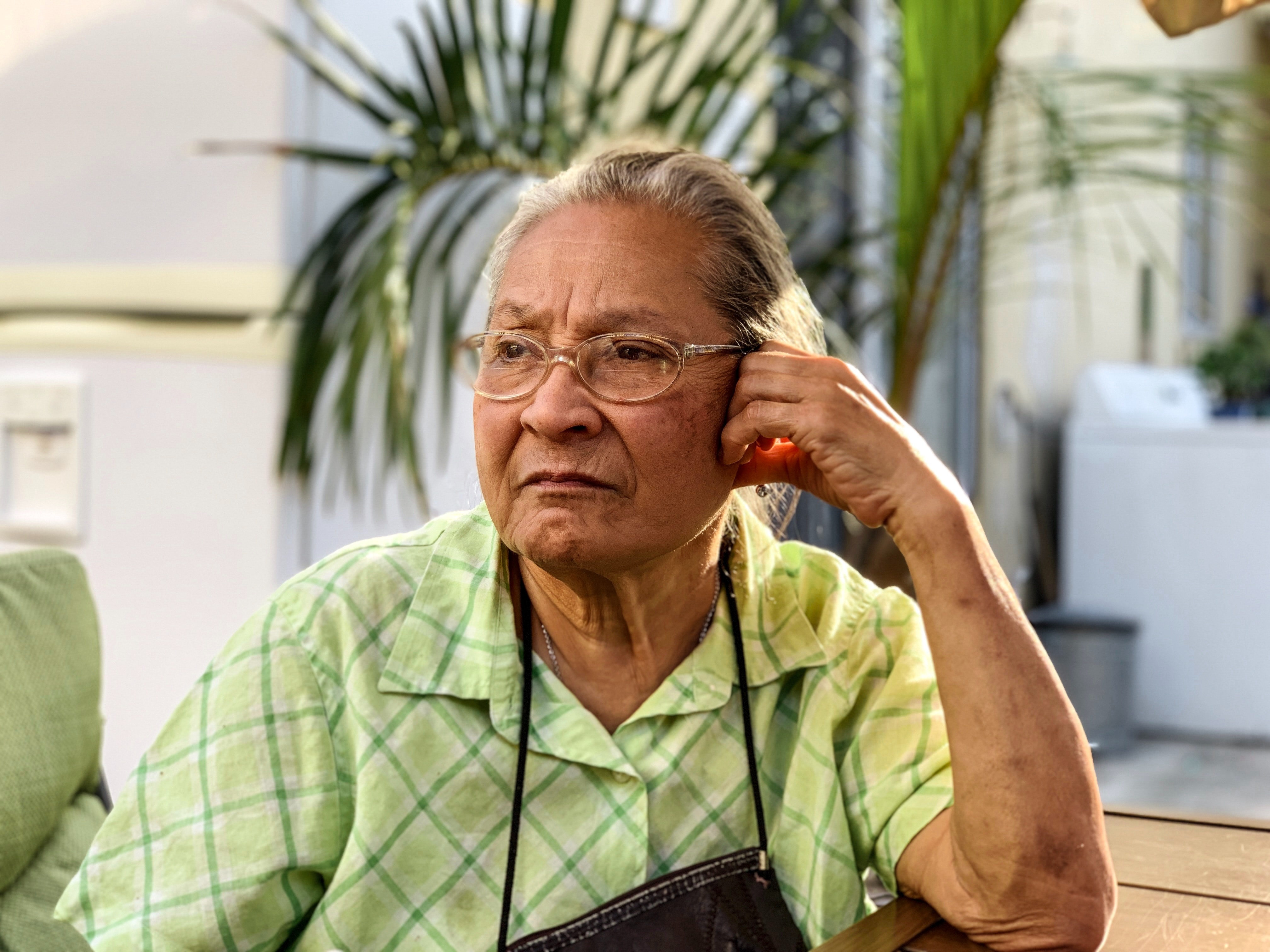Anxiety is more common than many people understand, affecting over 40 million people across the country. It is estimated that more than 25% of seniors are living with a diagnosis of anxiety. If not managed properly, anxiety can have a significant impact on physical and mental health. Anxiety can also result in a weakened immune system, sleeping difficulties, heart disease, and even cognitive impairment. These afflictions can cause more anxiety, resulting in a dangerous cycle.

The best way to avoid the additional health concerns brought on by anxiety is to proactively take steps to manage it before it gets out of hand. While it is possible to take prescription medication to control anxiety, many seniors are not willing to add more drugs to their regimen. Depending on the other medications they may take, they may not be able to add anxiety medication – and antidepressants can sometimes backfire and cause even more anxiety. This is why many choose to seek out natural cures and treatments for their feelings of stress.
Common Risk Factors for Anxiety
Even if you have dealt with anxiety in the past, the root cause behind the condition can change over time. In other words, the circumstances which cause anxiety at age 30 are typically different than the reasons for at age 65. Here are some of the factors that can lead to anxiety in senior citizens:
- Health concerns
- Financial concerns
- Insomnia and sleep disruption
- Mobility restrictions
- Bereavement or grief
- Lack of purpose after retirement
- Certain medications /side effects
- Worries about the future
- Eating disorders
- Bipolar disorders
- Chronic headaches
Methods to Manage Senior Stress
If you are not interested in utilizing medications for your anxiety, here are some natural remedies to try.
- Get some sleep: Sleep disorders and anxiety go hand in hand. Worry and fear can keep you up at night and cause sleep deprivation. For those who are challenged with insomnia, getting a good night’s sleep can seem rather daunting. But with a few lifestyle changes, you can increase the quality of sleep.
- Going to sleep and waking up at the same time every day can put your body into a healthy circadian rhythm.
- Avoid caffeine late in the day. If you find yourself needing energy, go for a walk or drink water.
- Develop a pre-sleep routine to put your mind and body at ease. Choose a routine that works for you, whether a nightly cup of tea or a warm bath. Avoid screen time for at least 30 minutes before laying down for bed.
- Get some exercise: Another proactive way to fight stress is to get some exercise every day. Physical activity not only improves physical health, but it can also relieve stress, help with sleep, and boost overall mood. Your exercise routine does not have to be involved or intense – just 30 minutes of light exercise daily can help in easing anxiety. Start with a leisurely walk, go for a swim, or even take up dancing!
- Get a support group: Having healthy relationships and a strong support system can be vital in managing adult anxiety. Isolation and loneliness can be risk factors for feeling stress. A strong social group can consist of family, friends, or colleagues – and can encourage confidence and quality of life. If you are in an assisted living facility, join social groups and make friends with similar interests.
At A Banyan Residence, we are committed to the complete health and well-being of our residents. If you are looking for a vibrant and fulfilling place to live, call today for a tour.
